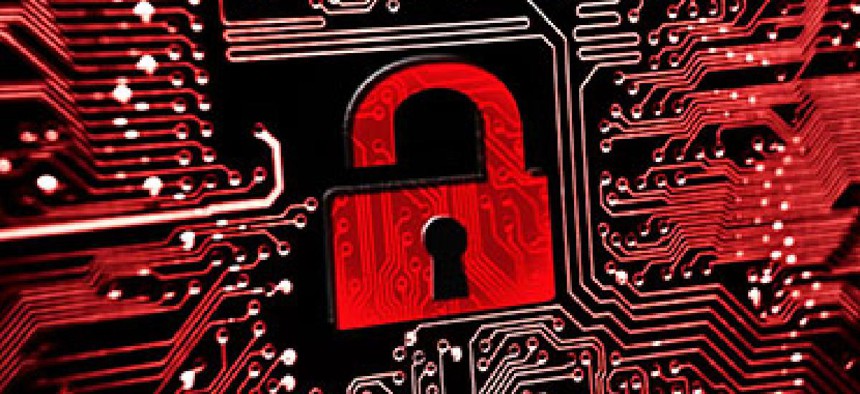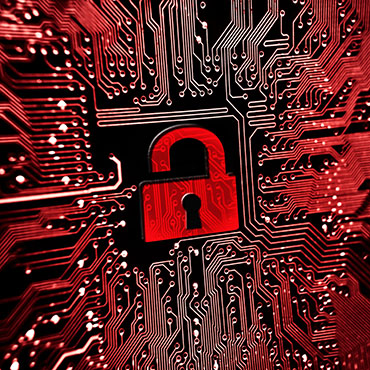Congress weighs in on FBI-Apple dispute

Members of Congress from both sides of the aisle had serious questions about whether the FBI should be able to compel Apple to build software to support its investigative efforts.

Apple's top lawyer told a House panel that a court order to develop software to help the FBI unlock the iPhone of one of the San Bernardino shooters would have dire consequences for users and for industry.
"We can all agree this is not about access to just one iPhone," Bruce Sewall, Apple's general counsel told members of the House Judiciary Committee at a March 1 hearing.
FBI Director James Comey, who has repeatedly stressed the special circumstances of the San Bernadino case, did not entirely disagree. He said that if his agency was successful in the courts, it would "potentially" set precedent for similar cases going forward.
The FBI is asking Apple to build special software to disable several security features that are blocking investigators from cracking the passcode on an iPhone that belonged to Syed Rizwan Farook, the husband in the couple that perpetrated the December attacks at San Bernadino's Inland Regional Center. Comey likened the encryption regime to a guard dog blocking access to a crime scene.
"We're asking Apple to take the vicious guard dog away and let us pick the lock," Comey said.
Comey also conceded that the FBI made an error in advising county officials to change a password that made it impossible for the contents of the phone to back up automatically to Apple's iCloud servers, where data could be retrieved. However, Comey said even if investigators had access to the backup, they would still have a dispute with Apple over access to Farook's device.
"The experts tell me there's no way we would have gotten everything off the phone from a backup," Comey said. "I have to take them at their word."
Sewell argued that Comey was seeking a backdoor that could potentially find its way outside law enforcement.
"Once you create a mechanism to unlock the phone, you have created the backdoor," Sewell said. He noted that authorities in Russia and China have sought special access to Apple user data. "The world is watching," he warned.
Sewell said that while other countries have not yet asked for the kind of encryption workaround being sought by the FBI, "if we are ordered to do this, I think it will be a hot minute before we get those requests from other countries."
Apple CEO Tim Cook has been fighting this battle in the courts and has said he will take it all the way to the Supreme Court if need be.
Beyond this particular case, Comey has been campaigning to draw attention to the issue of digital spaces that are rendered inaccessible to law enforcement even by warrant – a phenomenon Comey calls "going dark." The FBI director told members that while courts are "competent" do decide individual cases, "the broader question of what we're talking about goes far beyond phones, far beyond any court case. This collision between public safety and privacy – the courts can't resolve that," he said.
Some members of the committee didn't show much appetite for making new laws to regulate or otherwise control commercial encryption.
"I don’t think you are going to like what comes out of Congress," Rep. Jim Sensenbrenner, Jr. (R-Wis.), an architect of the Patriot Act legislation, told Comey.


